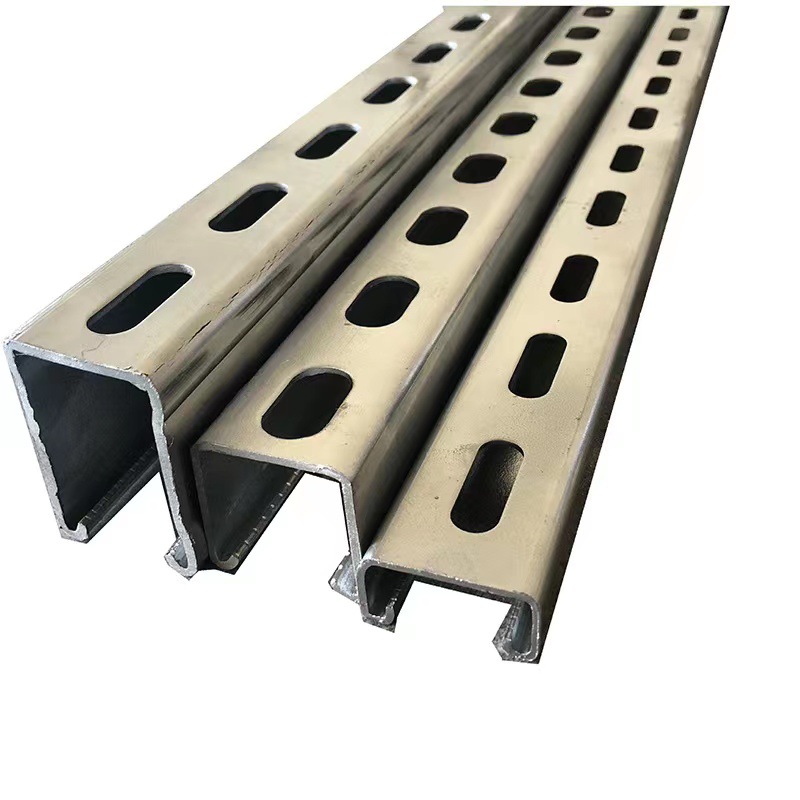

Understanding Hexagonal Bolts and Their Applications in Various Engineering Projects
Jul . 28, 2024 22:33 Back to list
Understanding Hexagonal Bolts and Their Applications in Various Engineering Projects
Understanding Hex Bolts Essential Fasteners in Modern Engineering
Hex bolts are one of the most commonly used fasteners in various industries today. With their distinctive six-sided head, hex bolts provide a robust and reliable means of securing objects together, making them essential components in construction, manufacturing, and automotive applications. This article explores the design, functionality, advantages, and applications of hex bolts, shedding light on why they remain a preferred choice among engineers and builders.
Design and Features of Hex Bolts
Hex bolts are characterized by their hexagonal head, which allows for easy tightening and loosening using standard wrenches. This unique shape ensures a strong grip and efficient torque transfer, making them highly effective in securing two or more materials together. The body of a hex bolt is usually cylindrical and threaded, allowing it to be driven into a pre-drilled hole or nut, thereby creating a secure fastening.
Typically made of steel, stainless steel, or other materials, hex bolts are available in various sizes and strengths. The strength of a bolt is often determined by its grade, which corresponds to its tensile strength. For example, common grades include Grade 2, Grade 5, and Grade 8 in the United States, with Grade 8 bolts being among the strongest available in this category.
Advantages of Hex Bolts
One of the primary advantages of hex bolts is their versatility
. They can be used in a wide range of applications, from heavy machinery to delicate electronic devices. Their robust design makes them resistant to shear and tensile forces, ensuring that they hold materials securely over time. Additionally, hex bolts are easily adjustable, allowing for quick disassembly and reassembly of components—a significant benefit in maintenance and repair scenarios.Furthermore, hex bolts can be utilized with various types of nuts and washers, enhancing their performance in different environments. When paired correctly, these components help distribute load effectively, minimizing the risk of failure due to fatigue or wear.
hex bolt

Another notable feature of hex bolts is their compatibility with power tools. Many technicians and engineers prefer using impact drivers and torque wrenches with hex bolts, which not only speeds up the assembly process but also ensures consistent tightening, reducing the risk of over-tightening or damaging components.
Applications in Various Industries
Hex bolts are widely used in numerous industries, thanks to their strength and reliability. In the construction sector, they are crucial for securing structural elements, such as beams and columns. They provide the necessary support to build durable frameworks for buildings, bridges, and large infrastructures.
In the automotive industry, hex bolts are essential for assembling engines, chassis, and other critical components. Their ability to withstand high levels of stress and vibration makes them ideal for automotive applications, where safety and performance are paramount.
Additionally, the manufacturing sector relies heavily on hex bolts for assembling machinery and equipment. From conveyor belts to robotics, hex bolts play a pivotal role in creating the tools and systems that drive productivity across various manufacturing processes.
Conclusion
Hex bolts are an integral part of modern engineering and construction. Their unique design, coupled with their advantages in strength, versatility, and ease of use, makes them a go-to choice for engineers and builders worldwide. As industries continue to evolve and demand more reliable fasteners, hex bolts will undoubtedly remain a cornerstone in the field of fastening technology. Whether you are involved in construction, automotive, or manufacturing, understanding hex bolts and their applications can greatly enhance your work quality and efficiency.
Latest news
-
High-Strength Hot-Dip Galvanized Bolts-Hebei Longze|Corrosion Resistance&High Strength
NewsJul.30,2025
-
Hot Dip Galvanized Bolts-Hebei Longze|Corrosion Resistance&High Strength
NewsJul.30,2025
-
Hot Dip Galvanized Bolts - Hebei Longze | Corrosion Resistance, High Strength
NewsJul.30,2025
-
High-Strength Hot Dip Galvanized Bolts-Hebei Longze|Corrosion Resistance, Grade 8.8
NewsJul.30,2025
-
Hot Dip Galvanized Bolts-Hebei Longze|Corrosion Resistance,High Strength
NewsJul.29,2025
-
High-Strength Hot Dip Galvanized Bolts - Hebei Longze Metal Products Manufacturing Co., Ltd.|corrosion resistance&high strength
NewsJul.29,2025

